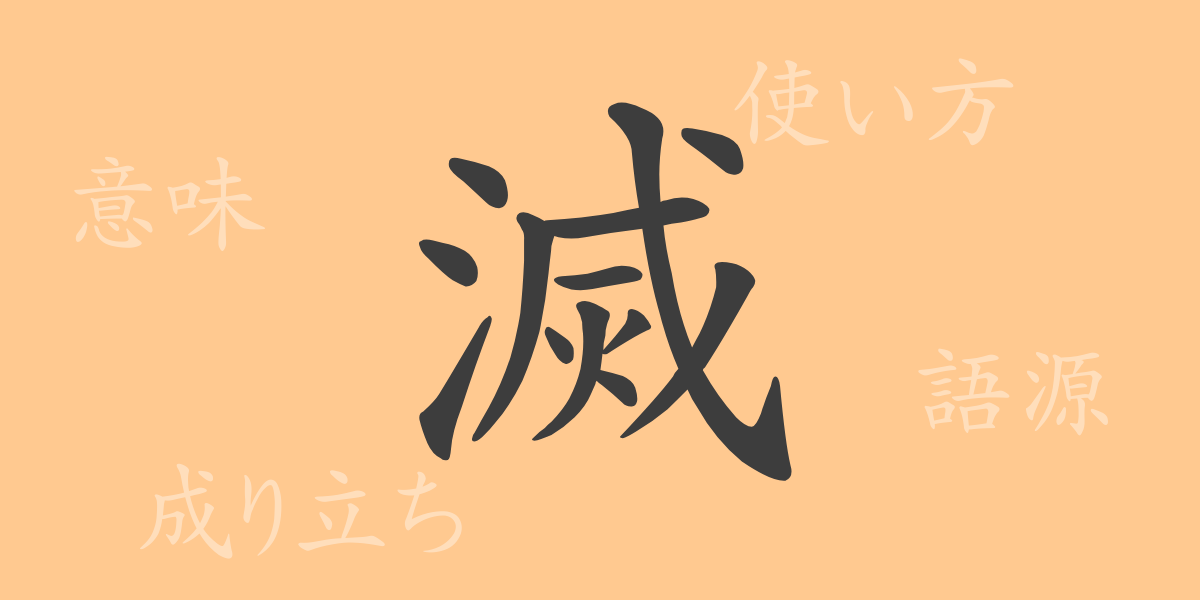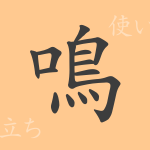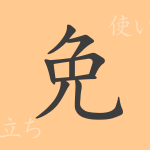The character culture of Japan is profound, and a single kanji (Chinese character) with diverse meanings tells the story of its depth. “滅” (metsu) might not be frequently used in daily life, but it has played an important role in various scenes such as history, literature, and film. In this article, we delve into the origins of “滅” (metsu), its modern usage, and even the idioms and proverbs that include this character, uncovering its full scope.
The Origins of 滅 (metsu)
The kanji “滅” (metsu) was formed in ancient China. It combines the radical “火” (fire) with the radical “氵” (water), representing the act of extinguishing fire with water. From this combination, meanings such as “extinction” and “destruction” emerged, leading to the concept of “perishing.”
The Meaning and Usage of 滅 (metsu)
“滅” (metsu) carries connotations of “disappearing,” “vanishing,” and “destroying.” It primarily refers to things coming to a complete end or ceasing to exist. It is also used metaphorically to express the loss of culture or tradition. As a verb, “滅ぼす” (horobosu) indicates the action of actively ending or destroying something.
Readings, Stroke Count, and Radical of 滅 (metsu)
The kanji “滅” (metsu) has several readings, primarily as follows:
- Readings: On’yomi (音読み) as “メツ” (metsu), Kun’yomi (訓読み) as “ほろびる” (horobiru) and “ほろぼす” (horobosu)
- Stroke count: 13 strokes in total
- Radical: 氵 (water radical, “さんずい” (sanzui))
Idioms, Proverbs, and Expressions Using 滅 (metsu)
There are several idioms, proverbs, and expressions that include “滅” (metsu), such as:
- 「滅私奉公」 (messhi-houkou) – Devoting oneself to public service without considering personal gain.
- 「一挙両得」 (ikkyou-ryoutoku) – Achieving two benefits with one action. Here, “滅” (metsu) is used in the sense of “at one stroke.”
- 「栄枯盛衰」 (eiko-seisui) – The rise and fall of fortunes. This expression refers to the natural laws or the rise and fall of enterprises and nations, with “滅” (metsu) implying decline or extinction.
- 「国家滅亡」 (kokka-metsubou) – The downfall of a nation.
Summary of 滅 (metsu)
The kanji “滅” (metsu) has continued to carry strong meanings of extinction and destruction from its formation to the present day. As a common kanji in the Japanese language, it is deeply rooted in our words through idioms and expressions, playing an important role in culture and history. This single character embodies a balance of change and permanence, influencing Japanese values and worldview.

























